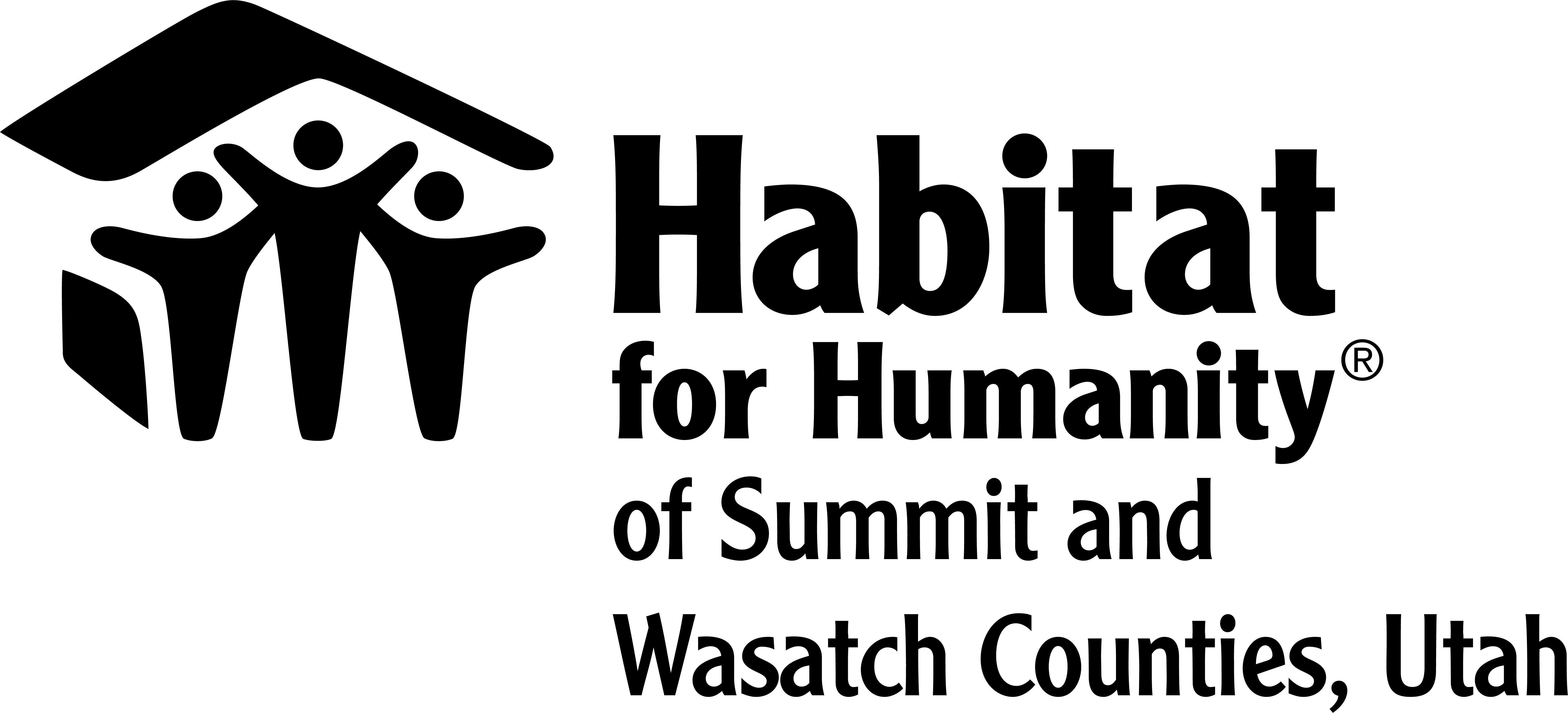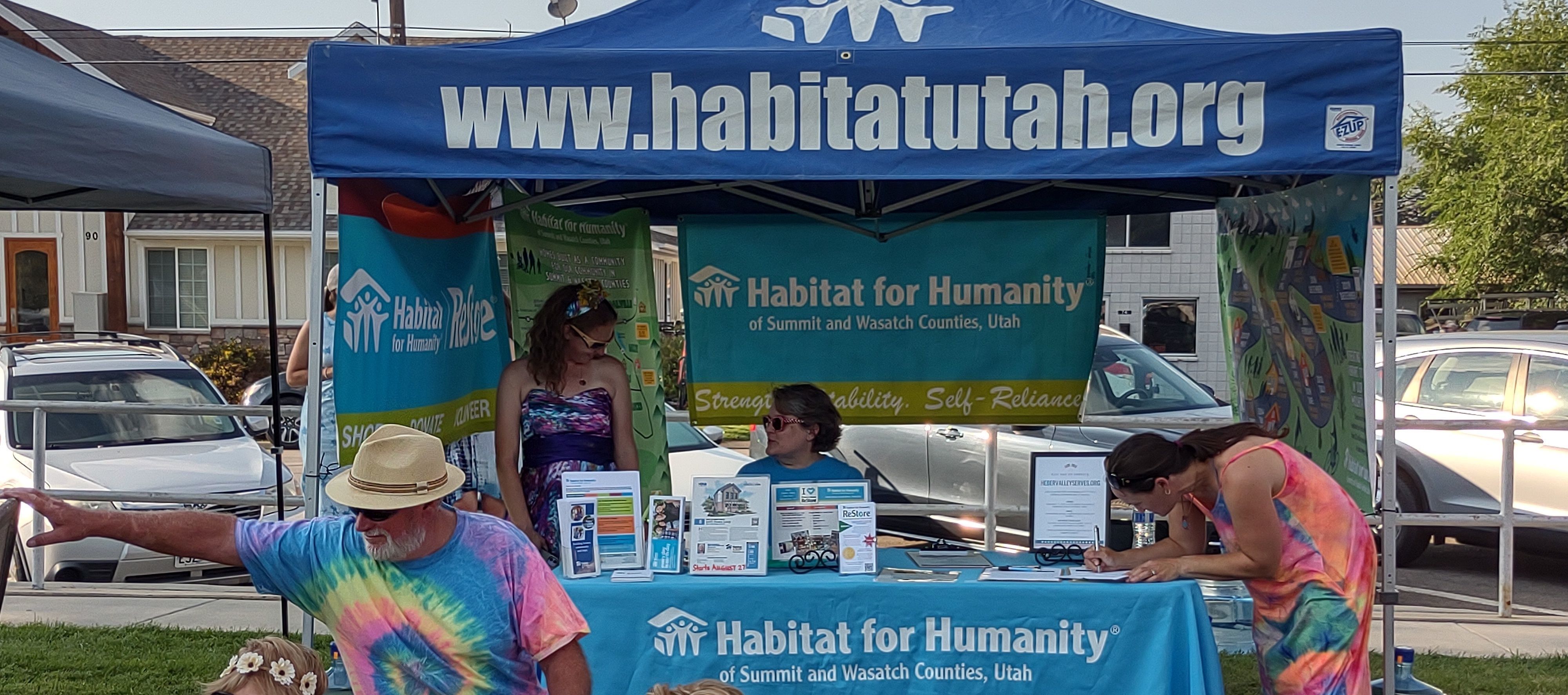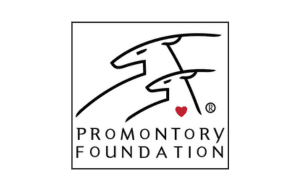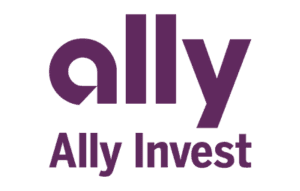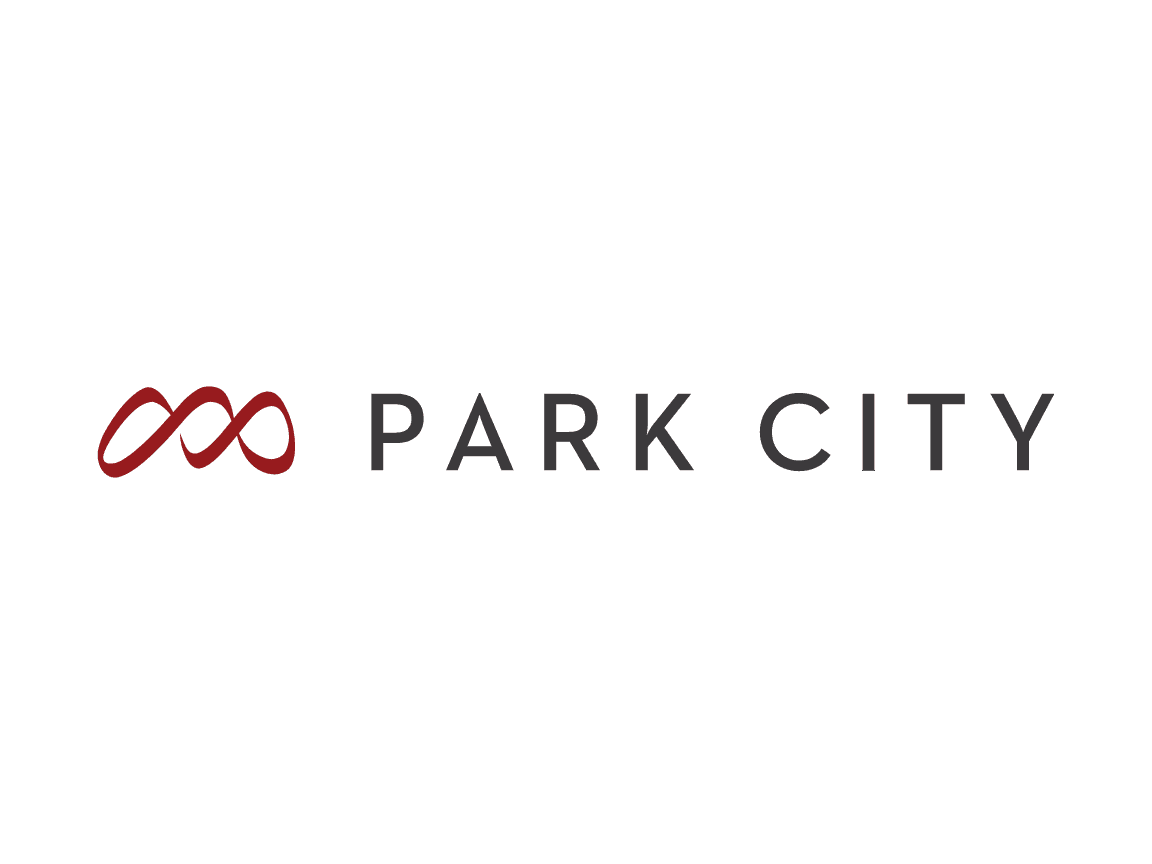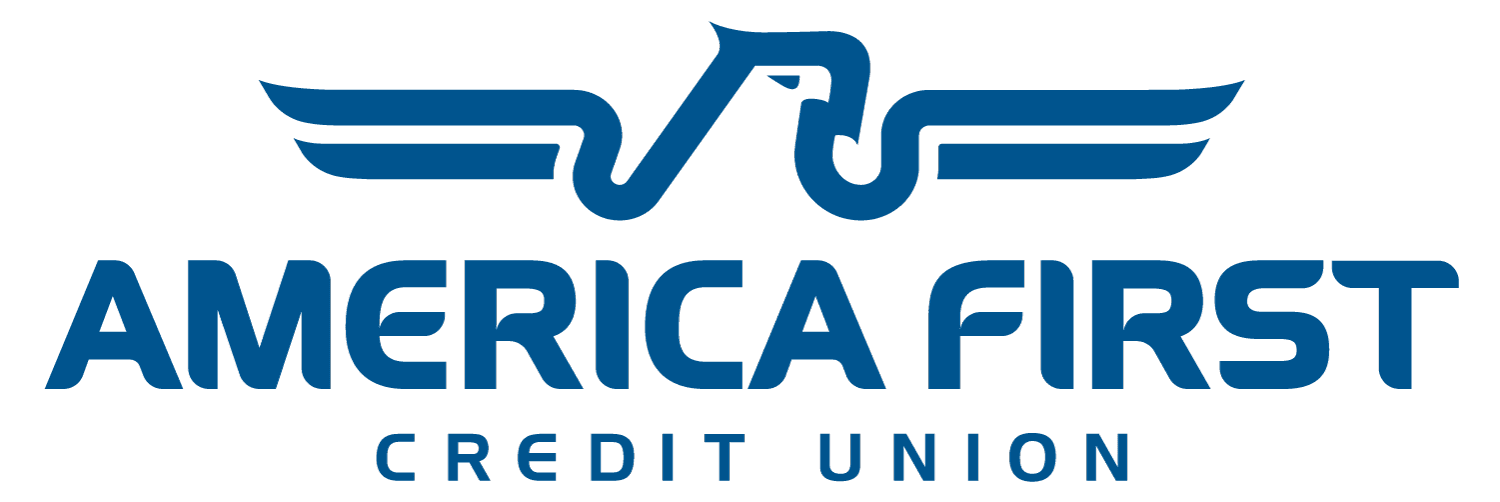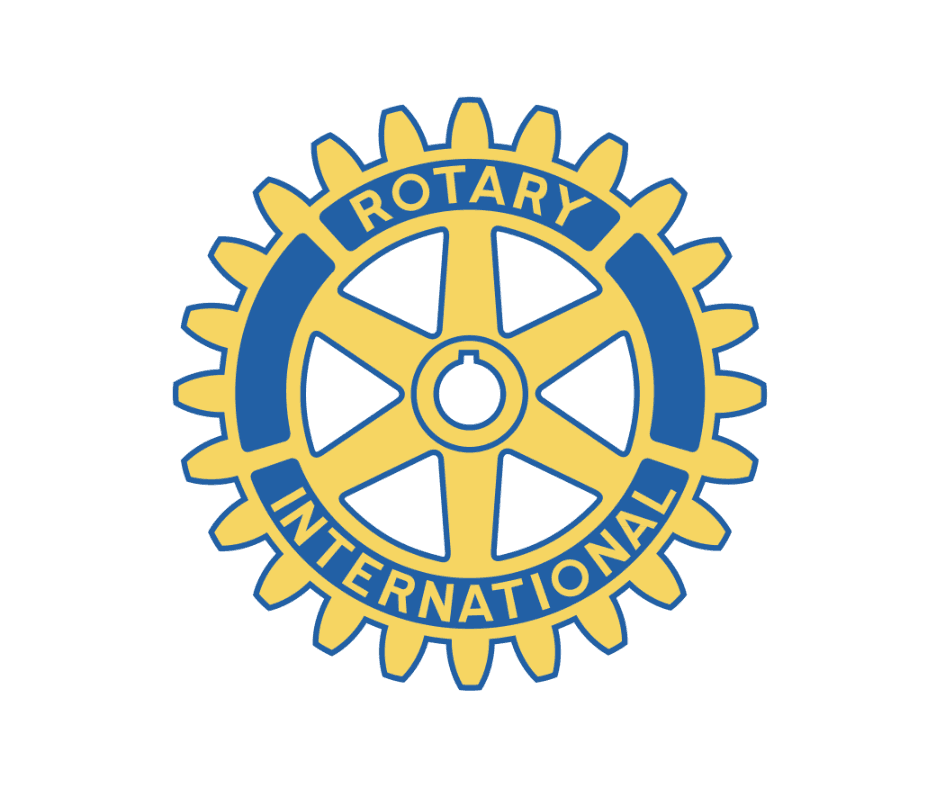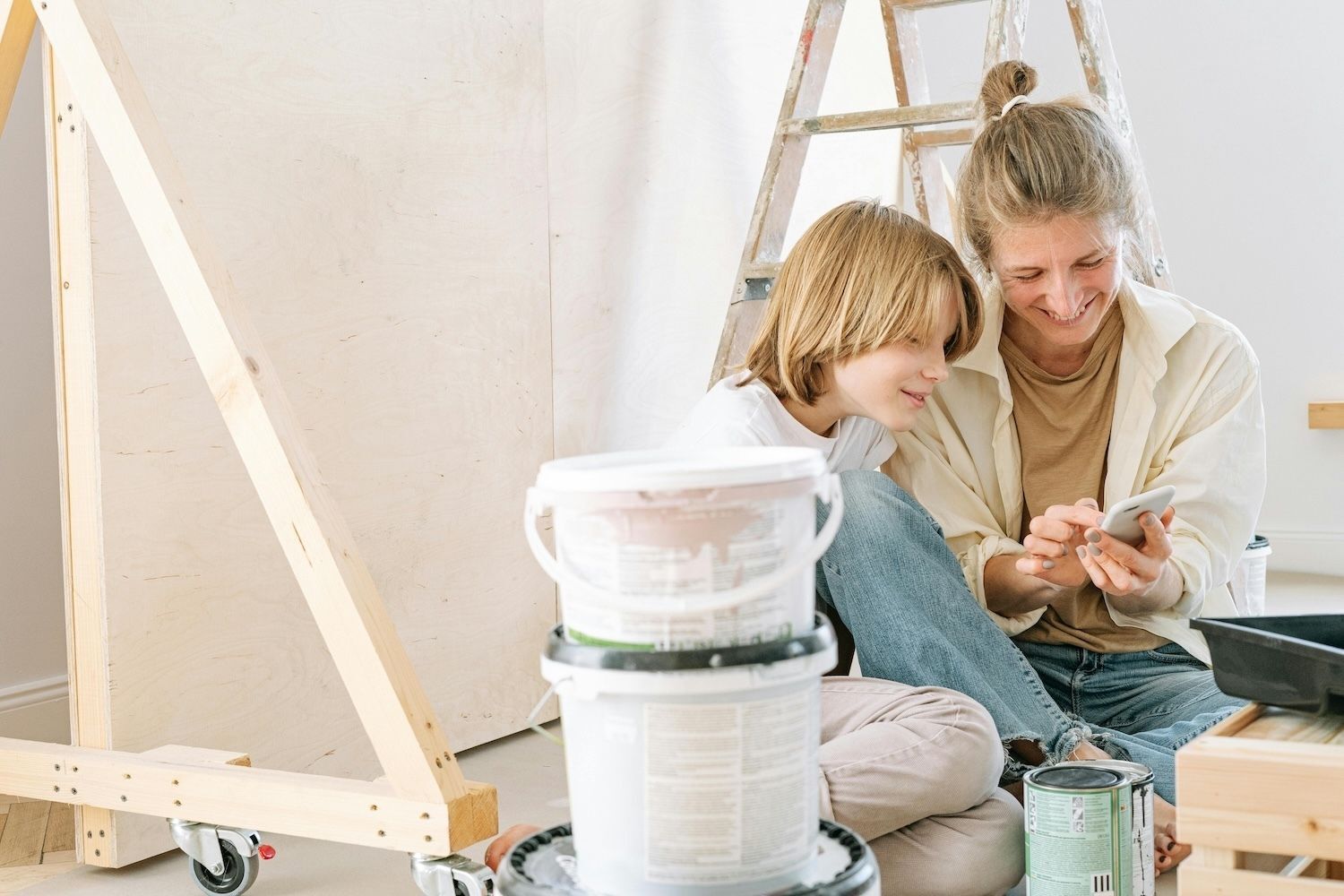
It’s no secret that qualifying for Habitat for Humanity’s homeownership program can transform a family’s future. But the impact goes even further. Did you know that the financial and health benefits of the program can have a lasting impact on generations to come, improving the lives of children, grandchildren, and beyond? Not only that, these life-changing improvements ripple through the entire community.
For more than 30 years, Habitat for Humanity of Summit and Wasatch Counties has been laying the foundations for generational change, working tirelessly to build and secure stable housing for working individuals in the community. Through sustainable construction, financial education, and community building, we’ve developed a proven approach to breaking the cycle of housing insecurity and enabling life-changing generational impact.
How Stable Housing Improves Lives
The stability that Habitat homes provide can dramatically change the future of the families who live in them, improving long-term health, safety, and happiness. Habitat for Humanity homes are built utilizing sustainable building practices, such as conserving materials and ensuring water and energy efficiency. These practices increase a home’s durability, which means lower utility costs for the new homeowners. They can also improve indoor air quality by creating proper ventilation and reducing the risk of moisture, mold, radon, and carbon monoxide.
A stable home opens the door for possibilities for financial growth by making it easier for adults to show up for work and helping them budget for their family’s future. And, with the financial literacy courses that Habitat provides as part of the homeownership program, homeowners are better equipped to achieve financial stability. Learning money-management skills helps parents with budgeting and prioritizing, which creates a generational impact as they can then use these skills to save for their children’s higher education and teach them these skills to set them up for a better financial future, breaking intergenerational poverty cycles that could have held them back.
Kids living in the house also benefit in other ways. Studies have shown that housing insecurity has a direct relationship with a child’s ability to thrive. Moving into a stable Habitat home reduces kids’ stress levels, anxiety, and depression, while helping them to maintain social connections in their community and feel a sense of belonging that a home and neighborhood can provide. It also enables children to attend school regularly, helping them achieve academically. As a result, these children are better equipped to provide stability for their own families.
Habitat Improves the Communities in Which We Build
By building or renovating homes in a neighborhood and creating community-building initiatives with corporate partners and volunteers, Habitat revitalizes the counties in which it operates and builds stronger community connections.
Neighborhood stabilization can have a positive impact on property values, improving lives beyond those living in a Habitat home. And Habitat’s financial literacy courses aren’t only for homeowners. Habitat also invites members of the community to learn how to budget, pay their bills, and put away money for emergencies and life goals. The courses focus on building self-reliance and long-term stability, which can then also be shared with future generations.
Support the Generational Impact Habitat Homes Provide
Read some of our Habitat family success stories to learn more about the generational impact and hope we build through homeownership, and the lives that are changed as a result. In this article in the Park Record, you’ll learn about five hardworking families who’ve graduated from our homeownership program and set themselves and future generations up for success.
One homeowner featured in the article, Rose Ramos, had been living in a cramped apartment with her kids, two teenage boys, and a daughter with disabilities. She was initially denied when she applied for the homeownership program. Still, after taking Habitat for Humanity’s financial education classes to improve her credit score, she was accepted into the program the following year.
She then rolled up her sleeves to contribute “sweat equity,” a Habitat requirement, to build several homes in the neighborhood, learning valuable home improvement skills along the way.
Help us support hardworking homeowners like Rose! Join us at an event or one of our home builds to learn more about what we do. And please consider donating to support our efforts and our vision of creating a world in which everyone has a decent place to live.
